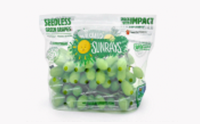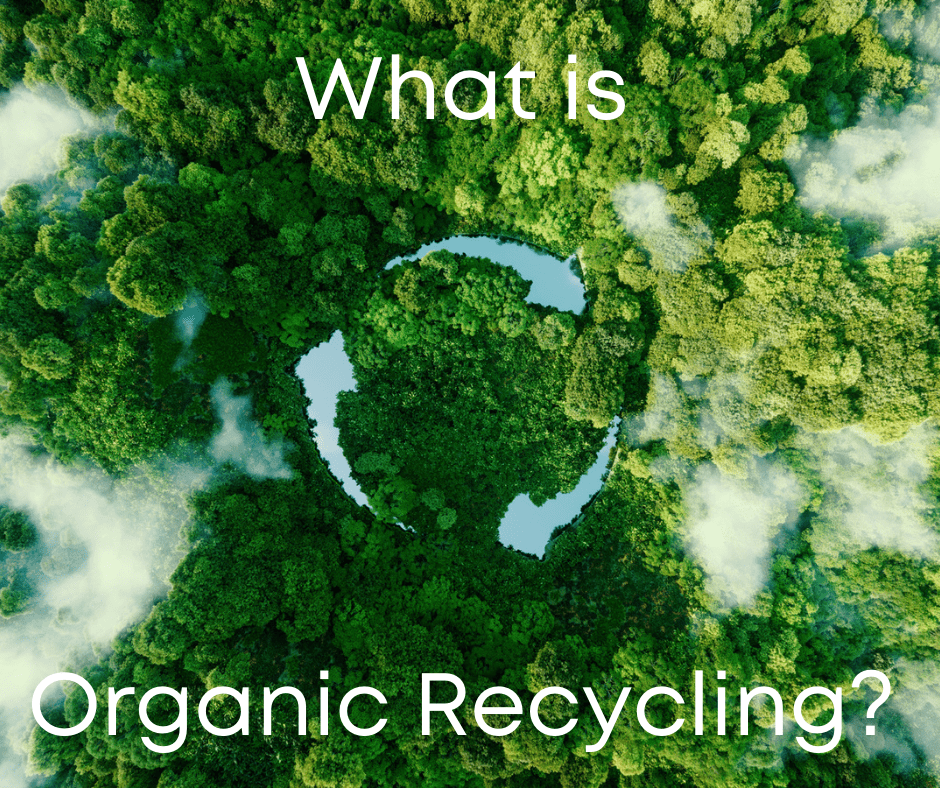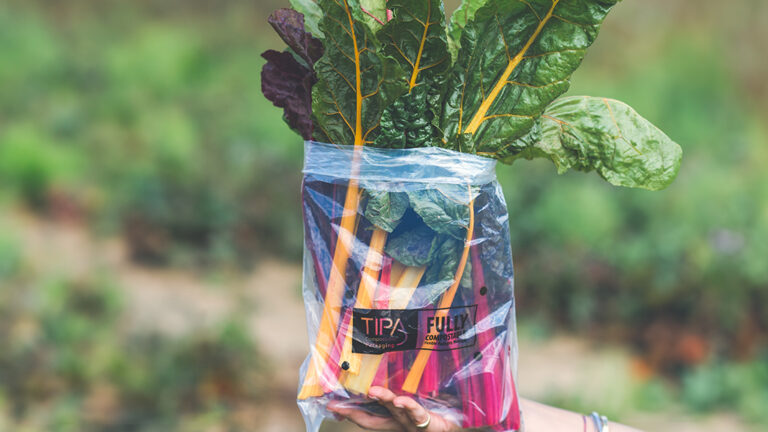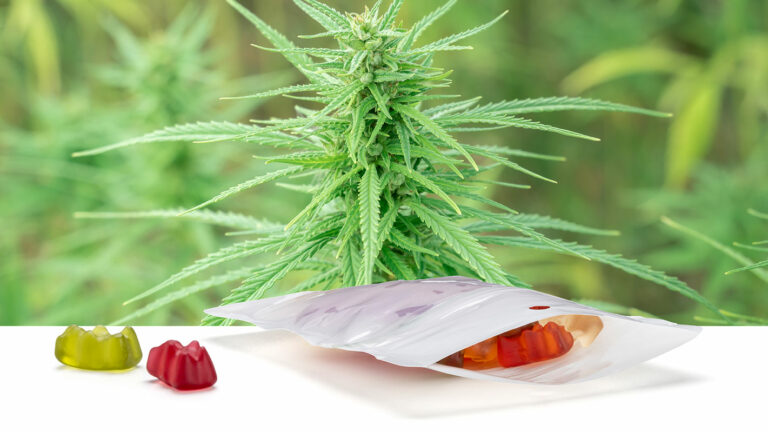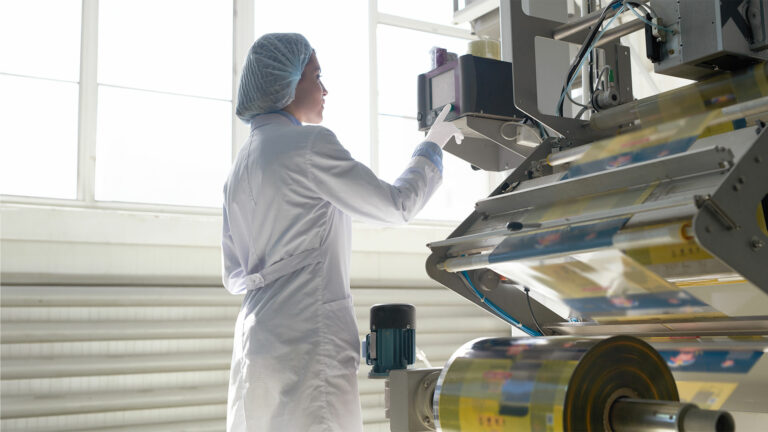Organic recycling refers to a closed loop activity where natural materials are converted from organic waste to energy, gas, water, and biomass. In the United States, organic waste accounts for nearly 30% of the total waste generated each year.
Is organic recycling the circle of nature? Yes. We also wanted to clear all misinformation regarding recycling vs. composting in our latest article. But things are a little more complicated. Misinformation regarding recycling, recycling of organic waste, recycled organics and composting continues to spread.
We are being constantly bombarded with newer studies, articles, regulations, and recommendations wherever we go; in the news, over the web, at the supermarket, our homes, communities, etc. Bottom line, our intentions are good, we want to reduce plastic waste, together. So, what is our best bet?
First Things First: What is Organic Recycling?
Organic recycling usually breaks down to either AD (Anerobic Digestion) to be used mostly as energy, or to fully composting (Aerobic Digestion), where it mainly goes back to the soil and used as biological fertilizer to help grow new crops.
Here we are discussing the latter loop of organic recycling, composting, and waste management. After sorted correctly, the waste for composting is collected by a local municipality/ commercial organic recycling facility and then converted into something renewable.
The process of composting, where food scraps and leftovers break down to another form of useful organic matter, is like the transformations of nature, where caterpillars turn into beautiful butterflies.
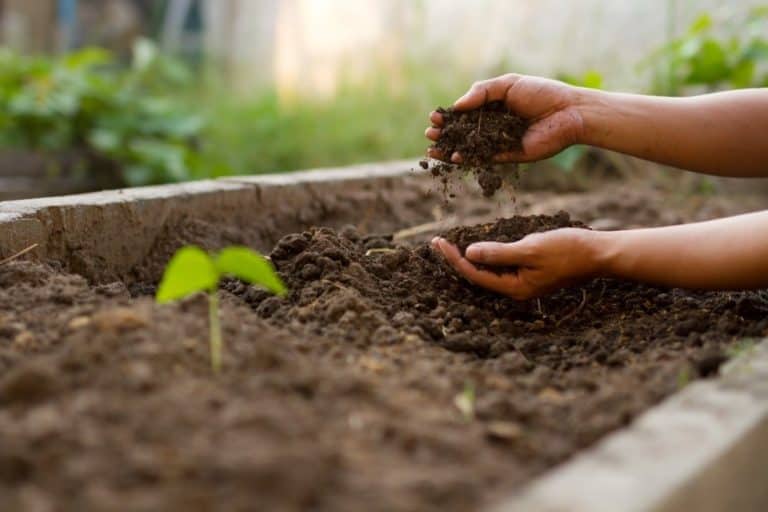
Why is organic waste recycling important to our environment?
We produce a lot of waste, and it doesn’t just disappear once we throw it into the bin. 40% of all food grown and produced in the world goes into the waste, and when it decomposes it creates methane, a greenhouse gas, up to 80% more potent than carbon dioxide.
Organic recycling can be a viable way to put your food and organic waste to effective use in quite few ways:
- It stabilizes organic waste, and acts as a fertilizer in agriculture that holds more water, prevents soil erosion, and improves the soil’s nutrient content that can increase crops field.
- Organic recycling, compost, also used as a biofertilizer which avoids the use of other chemical fertilizers.
- Organic recycling introduces popular concepts like cleaner production, zero-waste policy, commercial organics recycling, sustainability, and circular economy.
Organic recycling’s solutions to end plastic waste
- We can’t change the world overnight, yet we can start by being aware of the facts. Despite the information overload and misinformation around us concerning how we are handling our waste, there is one thing we could all agree on, if we minimize our waste now, we won’t have as much waste to worry about later.
- Organic recycling methodology is as nature’s, where there is no waste. Organic Recycling replenishes topsoil and maintains soil fertility: it stores carbon, regulates water, and increases not only soil biodiversity, and organic matter levels, but also soil buffering capacity.
- Compostable Packaging supports 3 of the top global priorities: plastic pollution, GHG emissions, and soil fertility.
Process (General Steps / Mechanism) of organic waste recycling
- Collection – either from your home kitchen (home compost), or to be dropped off at your local compost facility.
- Decontamination – for health and safety.
- Preparation – shredding or pulverizing to reduce the size of the waste articles.
- Recycling process – different organic recycling methods fit for different end products.
- Screening and grading – to add value to compost grades.
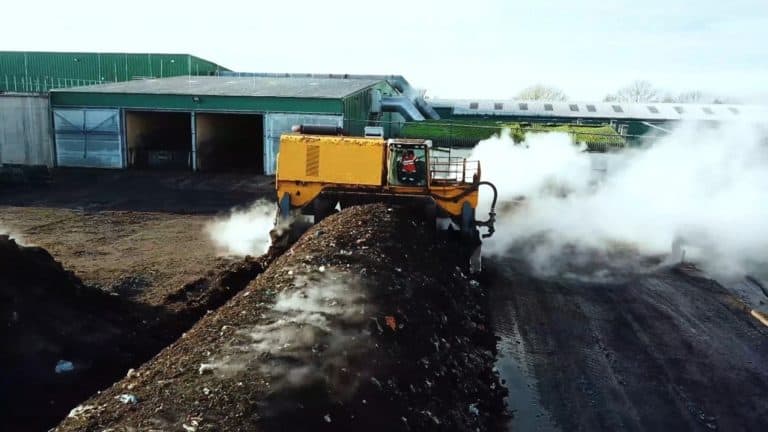
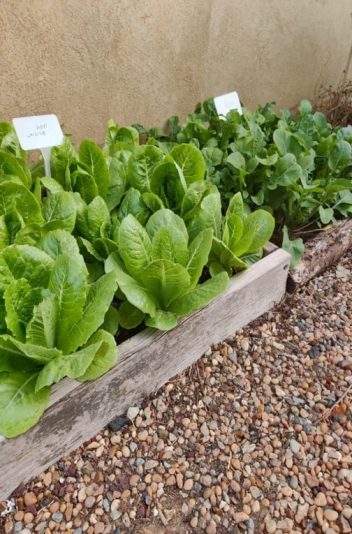
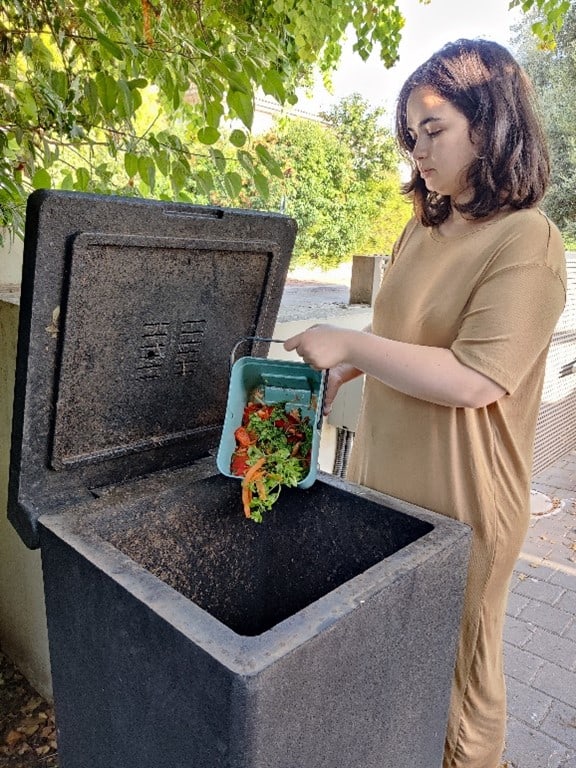
How can we help with organic recyclable solutions?
Our global earth environmental problems are calling for each one of us, to shine our own unique light in the world, and act now. At TIPA we have been working for over a decade to address the high-end markets of flexible compostable packaging solutions.
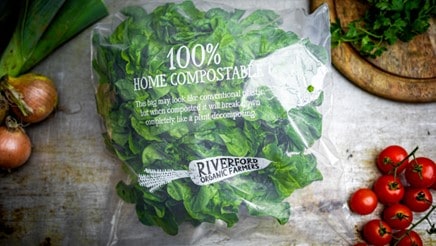
What flexible compostable packages have to do with organic recycling?
To live your life without compromising your convenience while meeting your needs fully, you can be rest assured that flexible packaging will do the job for you. Flexible packaging has sealant properties that improves shelf life, the bags keep your products and materials safe & fresh which is vital for our global supply chain. They are transparent, printable and must have an end-of-life compostable certificate!
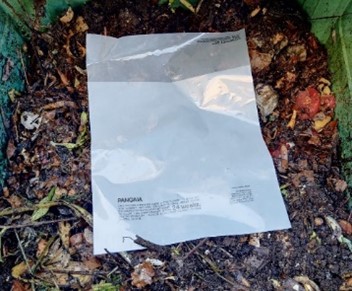
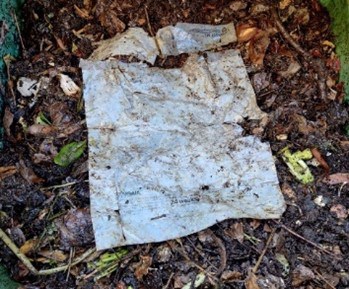
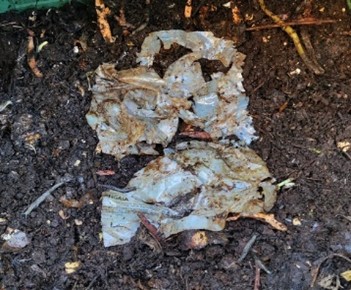
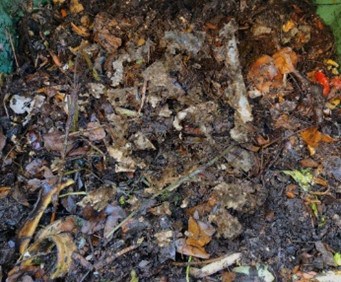
TIPA’s home compostable bag breaks down within 90 – 180 days under compost conditions.
At TIPA we make a change drop by drop.
Interested in sustainable solutions? Check out our compostable packaging portfolio









